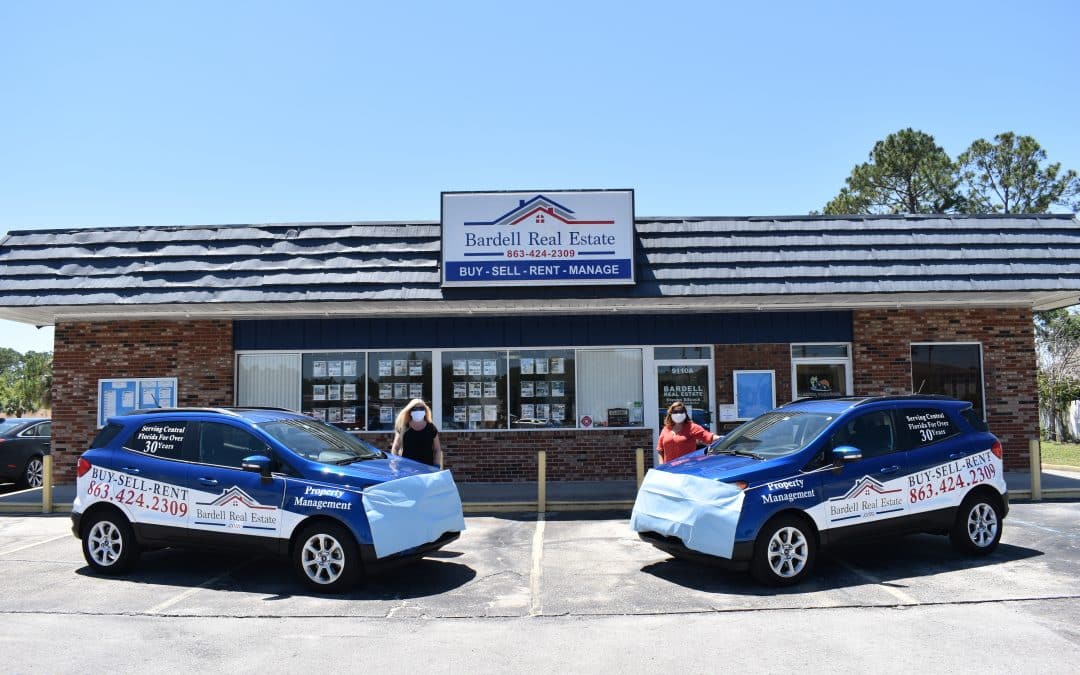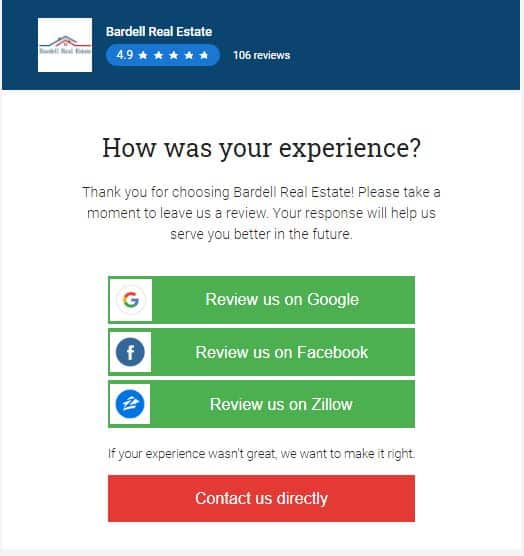
by Elsa Soto | Oct 23, 2020 | Blog, Homeowners, Long Term Rental, Real Estate Components
If you’ve owned income property for any length of time, you know that managing a rental can be financially rewarding. At the same time, you’ve also likely discovered that property management requires a large commitment of time and effort.While it may make...
by Elsa Soto | Oct 21, 2020 | Blog, Buyers, Homeowners, News, Real Estate Components, Renters, Sellers
272 CALABAY PARC BOULEVARD, DAVENPORT, FL Just Listed Property Video Description Photos Maps & Local Print Follow This Home Davenport Homes For Sale Clermont Homes For Sale Free Home Values Search All Homes For Sale Presented By: Bardell Real Estate Bardell Real...
by Elsa Soto | Oct 7, 2020 | Blog, Homeowners, Homes, Villas and Condos, Investment Property in Florida, Local Events, Real Estate Components, Real Estate News, Retirement / 55+
204 BALLYSHANNON DRIVE, DAVENPORT, FL Just Sold Property Video Description Photos Maps & Local Print Follow This Home Davenport Homes For Sale Clermont Homes For Sale Free Home Values Search All Homes For Sale Presented By: Bardell Real Estate Bardell Real Estate...
by Elsa Soto | Oct 5, 2020 | Blog, Homeowners, Homes, Villas and Condos, Local Events, New Listing, Property for Sale in Orlando, Real Estate Components, Real Estate News, Retirement / 55+, Things to Do in Orlando
848 KILDRUMMY DRIVE, DAVENPORT, FL Just Sold Property Video Description Photos Maps & Local Print Follow This Home Davenport Homes For Sale Clermont Homes For Sale Free Home Values Search All Homes For Sale Presented By: Bardell Real Estate Bardell Real Estate...

by Elsa Soto | Aug 4, 2020 | Blog, Real Estate Components, Real Estate News
Thank you for choosing Bardell Real Estate! Please take a moment to leave us a review. Your response will help us serve you better in the future. Ready to make a Move? We are experts in helping you with your selling, buying or renting needs near Orlando, Florida....

by Elsa Soto | Jul 3, 2020 | Homeowners, Homes, Villas and Condos, Investment Property in Florida, Property for Sale, Property for Sale in Orlando, Real Estate Components
If you’re hoping to sell your home, knowing your property’s value is essential for pricing it right to make buyers bite. Or, maybe you don’t want to sell your home right now, but are just curious what your house is worth—and whether your real estate...





